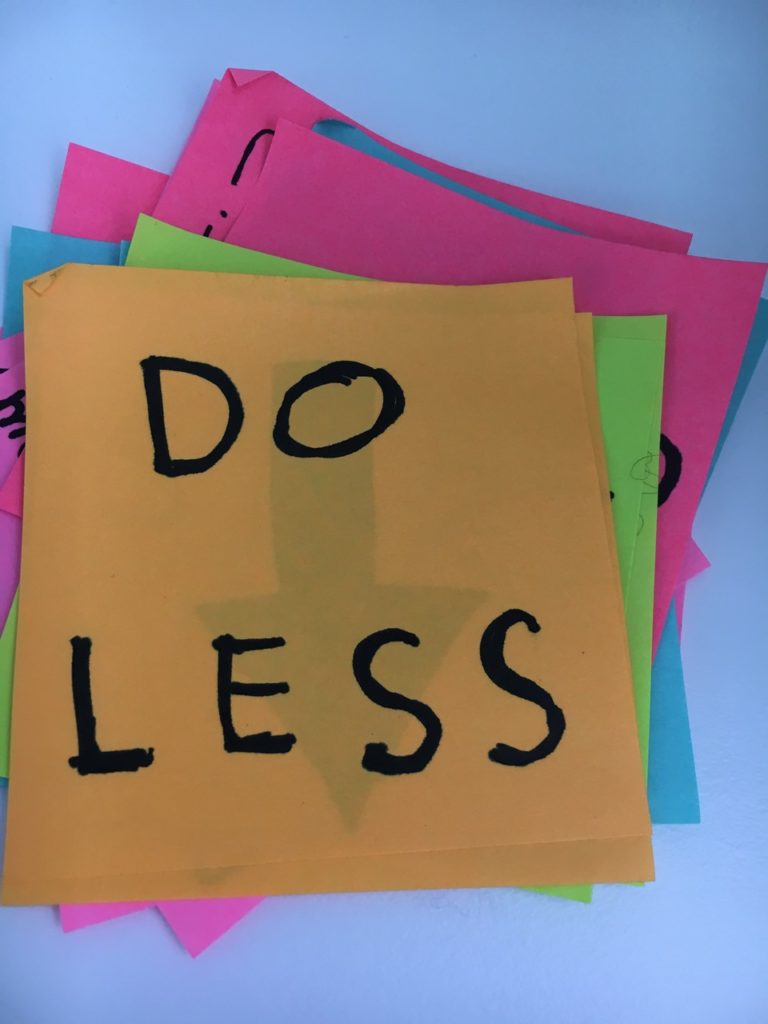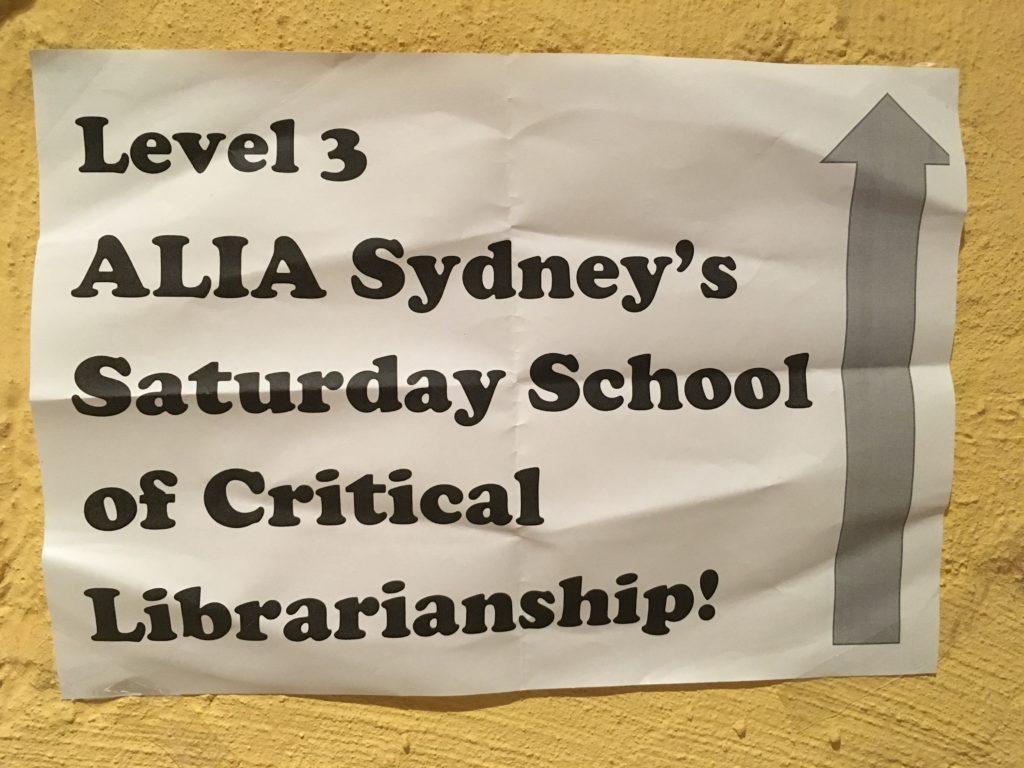See, this is what I should have sung at karaoke the other day. Or something by Erasure, since it turns out Andy Bell and I have the same vocal range (who doesn’t want a little respect?). But that’s for another blog club, while this month we take some time out from changing the world to write about it.
For the longest time, the words ‘change’ and ‘cataloguing’ haven’t sat well together. Cataloguers are stereotyped as change-averse pedants who prioritise rule-following over user-helping. You’ve all heard the joke about how many cataloguers it takes to change a lightbulb, I’m sure (WHAT?! CHANGE??!?!?!). Lord knows I’ve met enough people who embody this stereotype, much as I’d like to disclaim it. And yet, to me, change is the only constant. I’ve never known a professional existence where change has been optional, and so I accept it, and go with the flow.
I glance over to my copy of Radical cataloging: essays at the front, a 2007 compendium of critical and radical analysis of cataloguing in North America. A lot has changed in the eleven years since the book was published, the biggest change being the replacement of AACR2 with RDA. With that change came a complete overhaul in how catalogue data was meant to be theorised and perceived by cataloguers—no longer card-based, but element-based, with the promise of linking those elements together in new and exciting ways. For better or worse I learned to catalogue after the introduction of RDA, but I hear there was much wailing and teeth-gnashing as the changes were introduced. People seem over it now, though.
Many of the chapters in Radical cataloging don’t seem all that radical to me, now. Yes, LCSH is unfit for the myriad of purposes we’re now putting it to. Yes, controlled subject access is practically dead (but that’s because our systems don’t harness our data well enough, not because the data itself is suddenly worthless). Yes, we should bend and/or break cataloguing rules where there are clear benefits for users. Yes, cataloguing remains a necessary and sought-after skill. Change and deviation from established standards doesn’t seem as radical to me as perhaps it did to others a decade ago. I find myself disagreeing with, though nonetheless respecting, some of the deeply-held views about the value of a rigorously-constructed catalogue. But I was raised on Google, so what would I know?
People have written entire books about how cataloguers cope with change (and I’m kicking myself for not having read that one before writing this post). Tina Gross’ chapter ‘Who moved my pinakes?’ in Radical cataloging blasts the old stereotype out of the water—that cataloguers do not oppose change for change’s sake, but rather because proposed changes are not considered to be in users’ best interests. Joan E. Schuitema’s chapter ‘The current cataloging landscape: a therapist’s perspective’ from The psychology of librarianship examines cataloguers’ experiences of trauma as a direct result of having the professional rug pulled out from under them.
And yet I suspect it’s no accident that the LCSH ‘Change’ lists ‘Catastrophical, The’ as a related term. Not all change is catastrophical, but all catastrophes are change.
If it were up to me, I know what I’d change. I would work with systems librarians and developers to better integrate our existing name and subject taxonomies into keyword-search interfaces. I would ensure our data formats recorded each element of bibliographic information once per item, and once only. I would break the Anglophone world’s inexplicable dependence on LCSH and help each sector build new and better vocabularies. I would decentralise cataloguing, by which I mean I would work to ensure a library’s users had a direct say in how its collections were described. But most importantly, I would finish off the cataloguer stereotype once and for all.
That used to be us. I think you’ll find we’ve changed.

